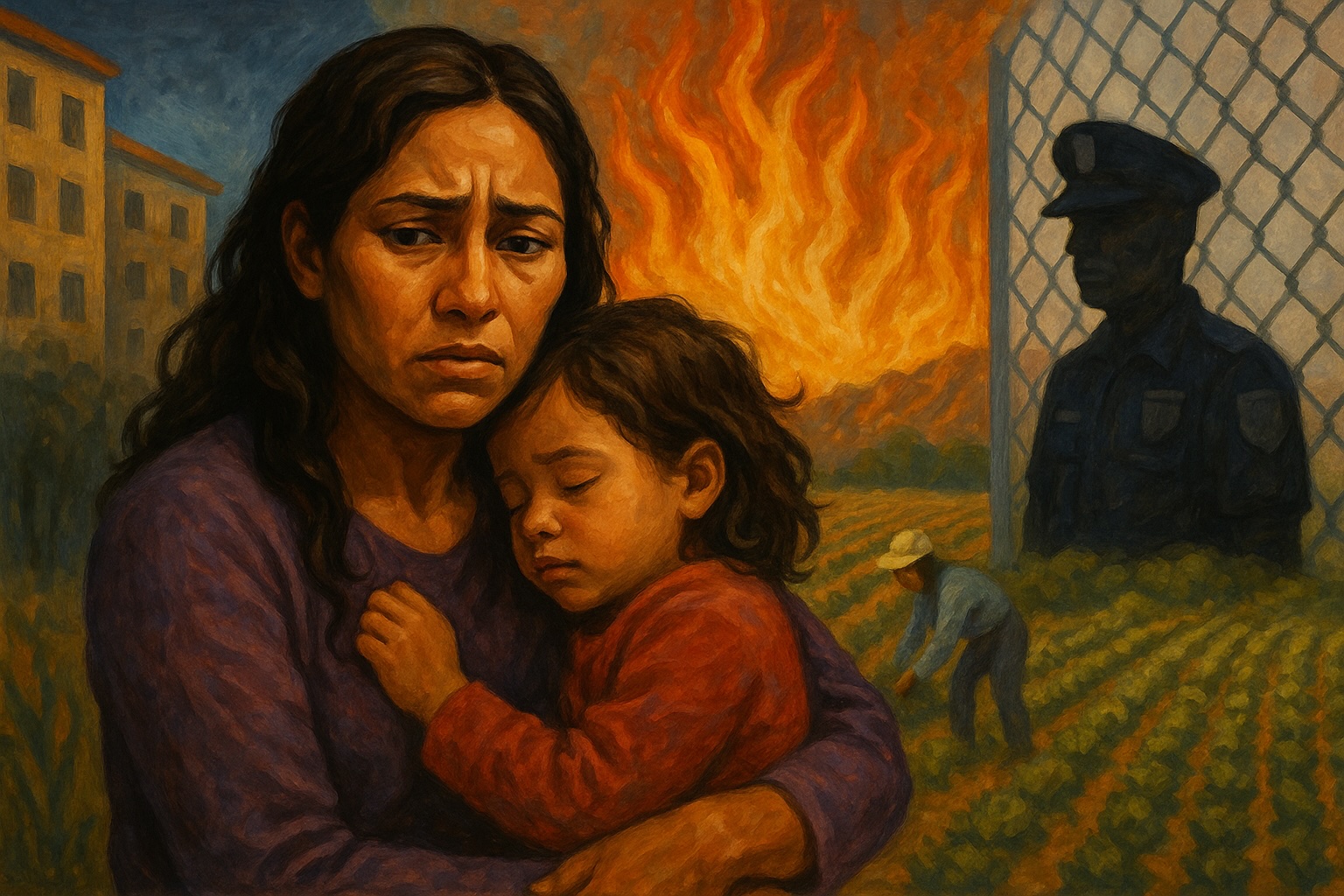Immigrant Survivors Face Unique Challenges in California
Immigrant survivors of domestic violence in California face barriers like immigration fears, cultural stigma, and language gaps. Learn how advocates are fighting for change.

California is home to more than 10 million immigrants, making it one of the most diverse states in the U.S. For immigrant survivors of domestic violence, however, escaping abuse is often more complex. Beyond the trauma of violence, many face immigration fears, language barriers, and cultural stigma, which prevent them from accessing safety and justice.
Barriers to Safety
Immigration Status: Abusers often threaten survivors with deportation if they seek help.
Language Access: Court hearings, police reports, and shelter intake forms are rarely available in all needed languages.
Cultural Stigma: Survivors may face pressure from family or religious communities to remain silent.
Economic Dependence: Many rely on abusers for jobs, housing, or visas.
Legal Protections Available
VAWA Self-Petition: Allows undocumented survivors to apply for legal residency without their abuser.
U-Visas: Provide temporary legal status for survivors who assist law enforcement.
T-Visas: Protect victims of trafficking who also experience IPV.
Despite these protections, many survivors remain unaware or too afraid to apply.
Community Support
Organizations like Asian Pacific Islander Legal Outreach and Latino Coalition for a Healthy California provide culturally specific support, legal aid, and multilingual hotlines.
Conclusion
Immigrant survivors in California face dual battles: escaping abuse and navigating immigration systems. Expanding access to culturally competent services is essential to protecting some of the state’s most vulnerable populations.
FAQs
What barriers do immigrant survivors face in California?
Immigration fears, language barriers, stigma, and economic dependence.What is VAWA?
The Violence Against Women Act, which allows survivors to apply for independent residency.What is a U-Visa?
A special visa for undocumented survivors who cooperate with law enforcement.Are there support organizations?
Yes, groups like API Legal Outreach and Latino Coalition for a Healthy California.Why do many survivors not seek help?
Fear of deportation, lack of awareness, or cultural stigma.
